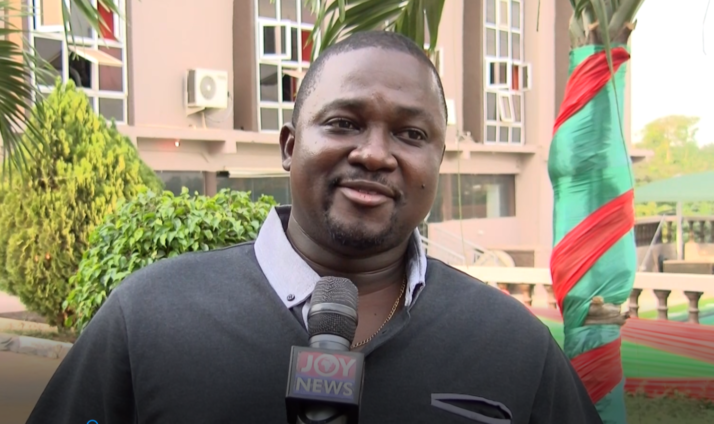The Right to Information Commission (RTI) says it is not satisfied with public participation in accessing information from public offices.
Commissioner, Yaw Sarpong Boateng, revealed only 200 Ghanaians have so far applied for information under the Right to Information Act.
“Well, if you have over 30 million Ghanaians and you can record about 200 in usage, then you cannot say that we have been successful, so it’s the beginning of its use.
“Despite the few people taking advantage of the law, the RTI Commissioner says it is too early to measure its success,” he said.
He encourages more Ghanaians, especially journalists, to take advantage of the law to source information.
Ghana's parliament passed the Right to Information Act 2019 (ACT 989) on March 26, 2019, after several years of waiting.
It became effective in January 2020 after receiving presidential approval on May 21, 2019.
The passage into law of the Right to Information Bill has been hailed by many, especially journalists, in sourcing information from public institutions.
But two years after the law became effective, the Right to Information Commission says only 200 complaints have been received.
“I’m reluctant to talk about successes. But, I think that the biggest success is that we have accepted to have this law operate in our environment in Ghana.
"As to the successes, I think it’s too early to measure it. We should wait till it has been used for over five years before we can tell how well we have implemented it.”
Instead, Mr Boateng said Ghanaians must be encouraged to test the law as the Commission increases public sensitisation campaigns.
“So far, there are some Ghanaians who have made it a point to utilise the dictates of the law in all aspects of the public, and we should commend them for the efforts at using the law.
“What I would like to add is that when you use the law to activate the process of getting some information, and you are not successful, we should end it there. We should test the law to the limit; beyond the Commission, go as far as the court as well,” he said.
“So I think that so far a few Ghanaians have done that and I will encourage more Ghanaians to take advantage especially journalists who require the use of the law more effectively,” Mr. Boateng added.
The Commission hopes to expand its current public education drive from six to all regions.
“We see the biggest challenge to implementation as education, and from last year, we instituted what we call the Right to Information week, which we are going to repeat every year, which will help to send the awareness of the law across all platforms.
"Yes, its early days yet but I think so far we have been able to hold public in about 6 regions and this year, we seek to complete the rest of the regions and to ensure that Ghanaians get to know about the law, its usage will become their daily lifestyles. So that is our focus.”
Latest Stories
-
Prof. Nana Aba Appiah Amfo re-appointed as Vice-Chancellor of the University of Ghana
6 minutes -
German police probe market attack security and warnings
6 minutes -
Grief and anger in Magdeburg after Christmas market attack
7 minutes -
Baltasar Coin becomes first Ghanaian meme coin to hit DEX Screener at $100K market cap
57 minutes -
EC blames re-collation of disputed results on widespread lawlessness by party supporters
1 hour -
Top 20 Ghanaian songs released in 2024
2 hours -
Beating Messi’s Inter Miami to MLS Cup feels amazing – Joseph Paintsil
2 hours -
NDC administration will reverse all ‘last-minute’ gov’t employee promotions – Asiedu Nketiah
2 hours -
Kudus sights ‘authority and kingship’ for elephant stool celebration
2 hours -
We’ll embrace cutting-edge technologies to address emerging healthcare needs – Prof. Antwi-Kusi
3 hours -
Nana Aba Anamoah, Cwesi Oteng special guests for Philip Nai and Friends’ charity event
3 hours -
Environmental protection officers receive training on how to tackle climate change
3 hours -
CLOGSAG vows to resist partisan appointments in Civil, Local Government Service
4 hours -
Peasant Farmers Association welcomes Mahama’s move to rename Agric Ministry
4 hours -
NDC grateful to chiefs, people of Bono Region -Asiedu Nketia
4 hours

